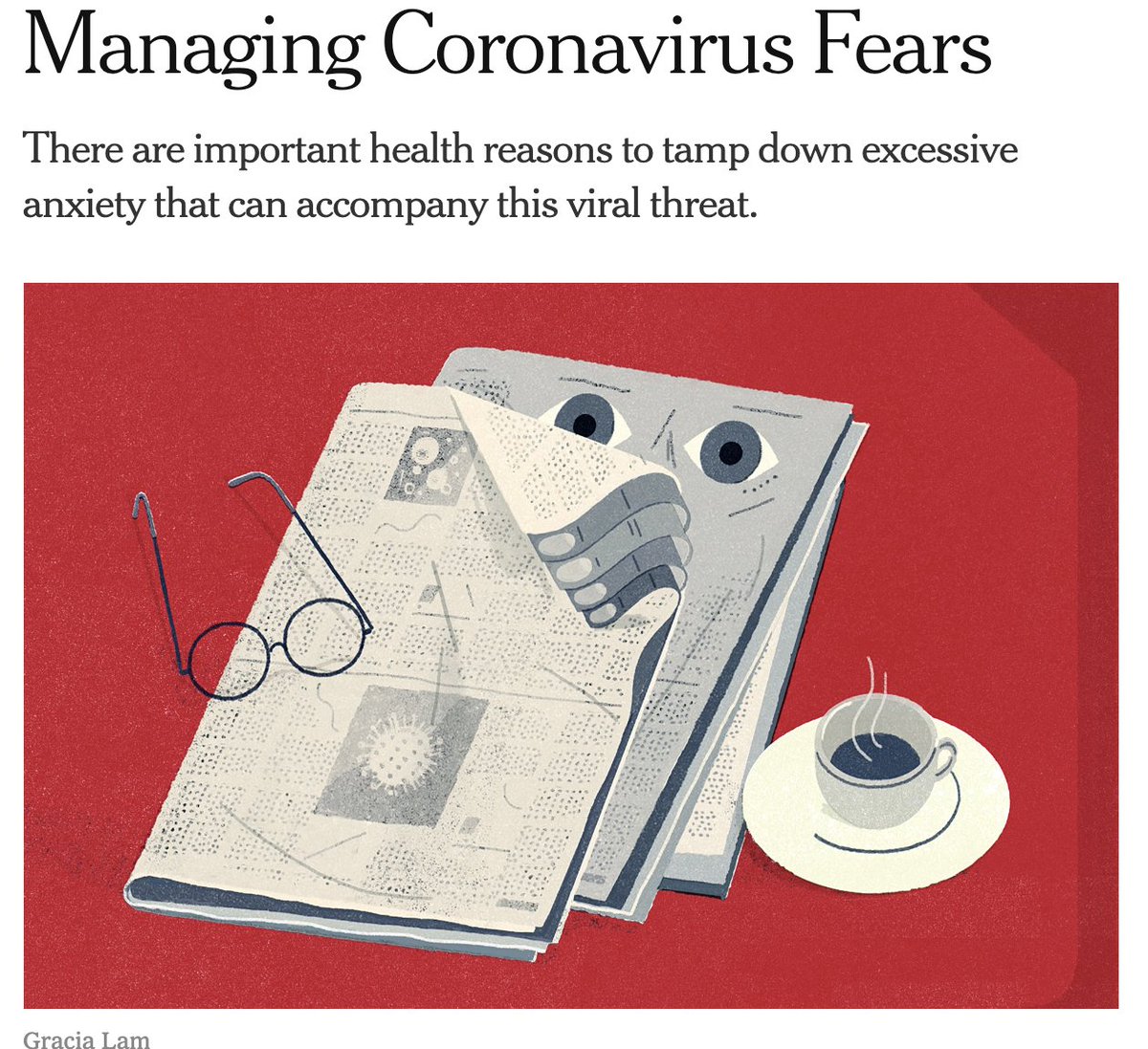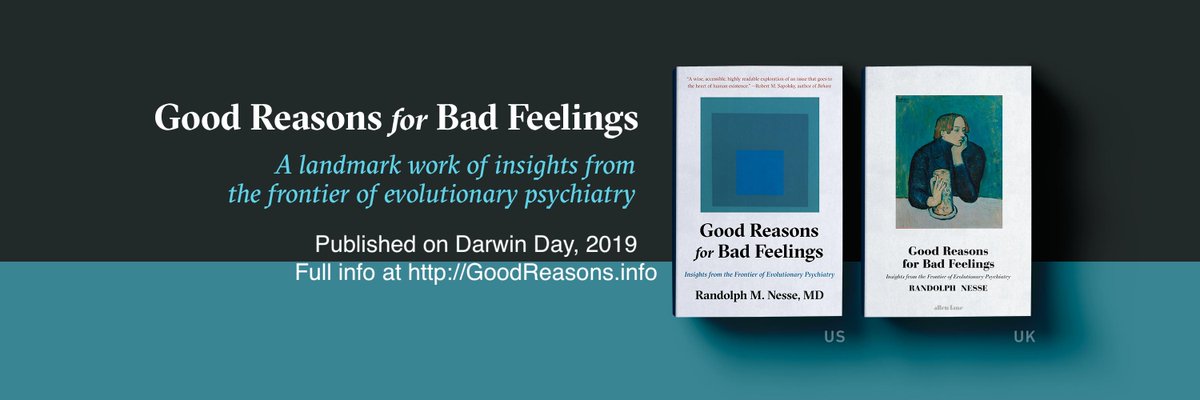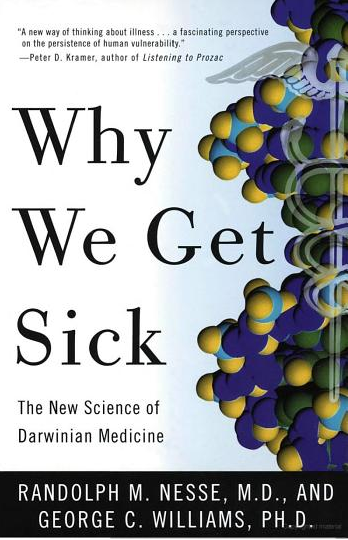
On #DarwinDay it is wonderful to anticipate the fast progress coming to psychiatry as it discovers its missing foundation in evolutionary biology.
@isemph @HumBehEvoSoc @AllenFrancesMD @mentaldaily_com @Got_Anxiety @sse_evolution @eshb @RiadhAbed1 @PFinuras @APAPsychiatric
@isemph @HumBehEvoSoc @AllenFrancesMD @mentaldaily_com @Got_Anxiety @sse_evolution @eshb @RiadhAbed1 @PFinuras @APAPsychiatric

The day between #DarwinDay and #ValentinesDay gives an opportunity to respond to questions about
what #evolution offers to #psychiatry and
why I think it will bring fast progress.
what #evolution offers to #psychiatry and
why I think it will bring fast progress.
Painful emotions, especially anxiety & depression, are by far the most common reasons people seek help. An evolutionary perspective recognizes emotions as special states shaped by natural selection along with control systems that express them in situations where they are useful.
But evolved control systems often give rise to useless bad feelings because:
- false alarms are normal given the smoke detector principle
-natural selection maximizes reproduction at the expense of health, and
-we live in environments very different from our ancestors.
- false alarms are normal given the smoke detector principle
-natural selection maximizes reproduction at the expense of health, and
-we live in environments very different from our ancestors.
Recognizing that emotions are usually symptoms, not diseases, will make psychiatry more like the rest of medicine. This should resolve some controversies that have made psychiatry look silly, and it should lead to new research approaches and better treatments.
Out of control behaviors such as addiction and eating disorders are the next most common reasons people seek help. Instead of just asking what is wrong with individual patients, an evolutionary framework asks why we all have brains that make us vulnerable.
Novel aspects of modern environments — readily available food, alcohol, drugs and mass media — initiate vicious cycles in control systems that evolved in very different environments. This is only the beginnings of a full explanation for our shared vulnerability.
Severe disorders such as schizophrenia, autism and bipolar disorder are highly heritable. When the genome was first sequenced we hoped to find a few specific genetic culprits. But most of the heritability results from thousands of common alleles, each with only a tiny effect.
We also hoped that finding genetic causes would lead to better diagnostic categories. But the genetic variants that cause one disorder turn out to also cause other disorders. What a disappointment!
Evolution-minded researchers have speculated that disease-associated alleles might persist because they offer advantages. But evidence against this hypothesis is growing, with the possible exception of bipolar disease.
It is increasingly clear that psychiatry’s dominant paradigm is wrong. We hoped to find specific genes causing specific brain abnormalities that would define and account for specific mental disorders. But a growing mountain of evidence is inconsistent with this model.
I suspect that some systems may be intrinsically vulnerable to failure because of their complexity, their interdependency on other systems, or because selection acting strongly on path-dependent massively pleiotropic systems creates new problems. But this is just my speculation.
Why be optimistic that psychiatry will make fast progress as it brings in evolutionary biology? One reason is the history of animal behavior research. It was transformed by the adoption of an evolutionary framework.
Another reason is the growing number of researchers working to understand why natural selection left us vulnerable. I describe much of their work in my book on evolutionary psychiatry.
goodreasons.info
goodreasons.info
Another reason is the pending June, 2022 publication of a Cambridge University Press book on evolutionary psychiatry edited by @RiadhAbed1 and Paul St. John Smith for the Royal College of Psychiatrists. It will be a landmark.
cambridge.org/core/books/evo…
cambridge.org/core/books/evo…
In summary, there are good reasons to think that putting psychiatry on the same evolutionary foundation as the rest of medicine and ethology will lead to rapid progress.
But patience will be necessary. Physiology and genetics worked for decades to explain diseases before they became useful for prevention and treatment. Also, new fields are prone to excess enthusiasm and premature clinical applications.
Goodwill and good humor from those with different areas of expertise will be crucial. Global praise or condemnation of the entire enterprise is an obstacle to be avoided. Progress will come from assessing specific hypotheses one by one.
• • •
Missing some Tweet in this thread? You can try to
force a refresh









